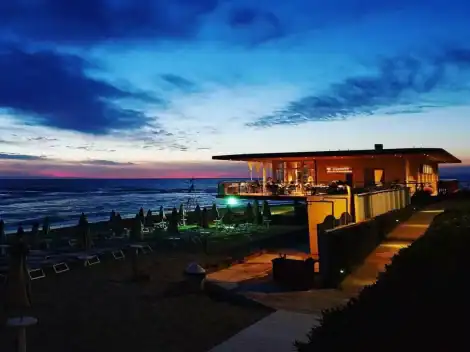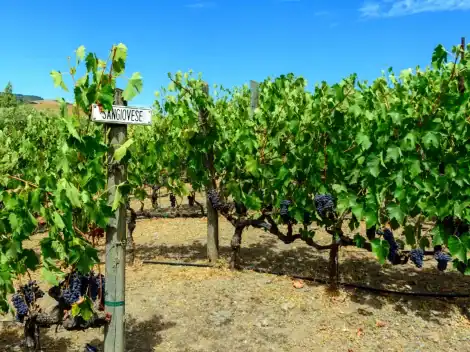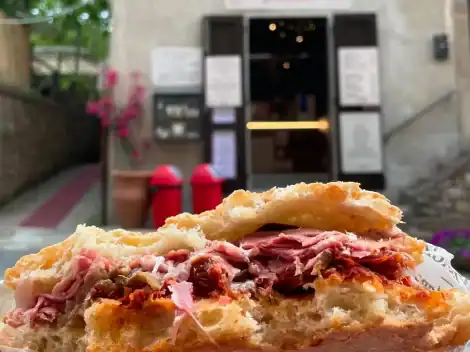Dozens of pending cases regarding the regulations of PDO and PGI wines are on the table of the National Wine Committee at Masaf. These delays have frustrated quite a few protection consortia. For the ministerial body, which was officially established on January 28, a three-year period from 2025 to 2027 begins, full of commitments due to the workload and, above all, the new tasks to be carried out. For example, providing strategic support to Masaf in the commercial policies of Made in Italy wines.
Michele Zanardo is well aware of this. For the oenologist from Treviso, this is the second time leading the ministerial body overseeing the 529 denominations of Italian wine. His first term was from 2018 to 2021, but the Covid pandemic thwarted all good intentions before the recently concluded three-year period under Professor Attilio Scienza. Now, the goal is to move quickly. There is no time to waste. In a production world that needs to rapidly reach new consumers and trends to stay up-to-date—and which may also open up to dealcoholized wines, about which Zanardo preaches caution and a scientific approach—businesses cannot afford to fall behind due to bureaucracy. As he explains in this interview with the weekly Tre Bicchieri of Gambero Rosso, the Wine Committee will have expanded functions and will leverage the extensive expertise within it.

A new wine committee, but for you, it’s a return. Did Masaf opt for a "Safe Bet"?
I’ve been around Masaf since 2008, so it’s been quite a while. I was already appointed president during the 2018–21 term. Just over a year into it, we had to switch to working largely online due to Covid, and we only met in person a few times.
Can we say this will be a more operational presidency?
That was also the intention in 2018, but then we went into a pandemic. The idea is to have everyone practically involved.
So, the increase in reports and complaints we at Gambero Rosso have gathered from companies and consortia—where does that come from?
The delays in recent years have resulted from multiple factors. On one hand, there was a backlog from the Covid emergency due to reduced general operations. On the other, the number of requests from consortia has increased. However, I want to clarify that approving a new regulation or modification involves several phases:
- A regional phase, where the competent local administrations carry out an initial check.
- A ministerial phase, where the Wine Committee is involved in a technical advisory role, followed by the publication of the decree in the Official Gazette, with a period for appeals and objections.
- A European Union phase, especially for changes that deeply impact the core principles of the denomination system.
How many cases are pending? Are we talking about hundreds or dozens?
It’s a few dozen cases. Otherwise, it would have been a disaster.

One of the new challenges in the sector is no- and low-alcohol wines. Italy has given the green light. Do you see them as a risk or an opportunity?
Personally, as an oenologist, I always believe in carefully evaluating innovation. However, I also believe that PDO and PGI wines represent tradition and unique products. That’s why, in my opinion, fully or partially dealcoholized PDOs and PGIs should only be reconsidered after extensive experimentation—once we have solid proof that their characteristics remain unchanged. At that point, we can calmly resume the discussion on no- and low-alcohol PDOs and PGIs.
Many Major Brands Interviewed by Gambero Rosso Are Pushing for Work on Dealcoholized PGIs.
Yes, but just as many major brands have little interest in dealcoholized wines. To be clear, I agree with the approach taken in Masaf’s decree that excludes them, and I believe it’s right to wait for practical results. The EU’s intent in recognizing PDOs and PGIs was not to allow exceptions to the rules but to apply traditional winemaking practices. The protection of a PDO or PGI works precisely because rules exist. If we start making exceptions, we risk weakening these protections.
Some consortia, like Prosecco, plan to work on existing categories in a low-alcohol direction…
The Prosecco Consortium is doing exactly what I mentioned earlier—experimentation. Their goal, as I understand it, is to demonstrate that the quality of the wine we know today can be maintained. The same is happening with the Consorzio delle Venezie. We need awareness and knowledge. There should be no bias in favor of no- and low-alcohol wines simply because some market segments demand them.

In short, you advocate caution and a scientific approach.
Perhaps the fundamental mistake was calling dealcoholized products "wine." Outside the EU Wine CMO framework, everything would have been simpler. I remind you that wine represents the long history of many European countries. Personally, I remain open to everything, but I want to see concrete results in the finished product.
What about resistant grape varieties and Piwi? A bill in the Senate proposes amending the Wine Consolidation Act to include disease-resistant varieties in PDOs. At the same time, Pinot Grigio aims to be the first denomination to include a resistant variety in its regulations.
Again, as with dealcoholized wines, I believe we should first assess the experimental results regarding their adherence to PDO tradition. Moreover, the numbers are still minimal—just 900 hectares out of Italy’s 680,000 total. It seems paradoxical to talk about sustainability and New Genomic Techniques (NGTs), which I believe are the future, while also discussing dealcoholized wines, which are the complete opposite of sustainability.
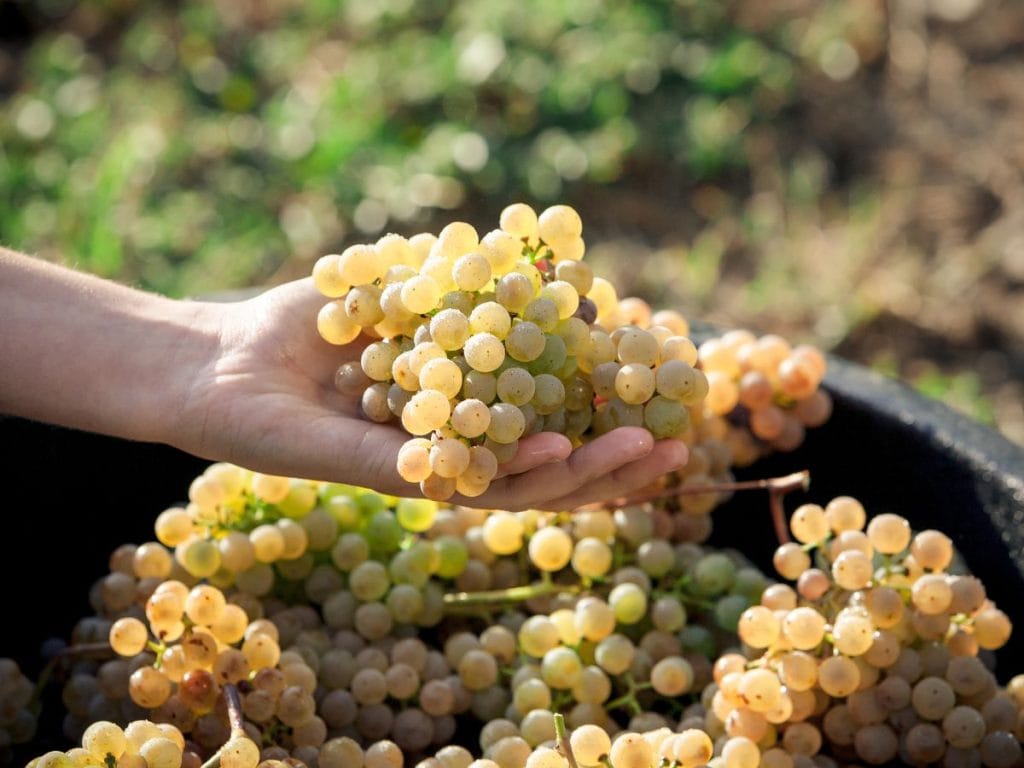
Another current issue: last Sunday on Rai Tre, the Report program criticized Passito di Pantelleria, following up on its investigation of the wine industry last year, where it called oenologists—your profession—"little chemists." How did that make you feel?
I watched all the episodes related to the sector. As a technician, I analyzed what they said, and between inaccuracies and ideological biases, I didn’t find much worth debating. Personally, I believe that the category of oenologists, to which I proudly belong, can be proud of its daily commitment to the sector’s growth.
In conclusion, you weren’t impressed…
Everyone does their job as they see fit. Some think they do it well this way, but others are free to criticize. I believe shows like these have little impact on public opinion. These are issues that mainly interest industry professionals, who have noted the inaccuracies and biases. "The average person on the street" doesn’t talk about Report.
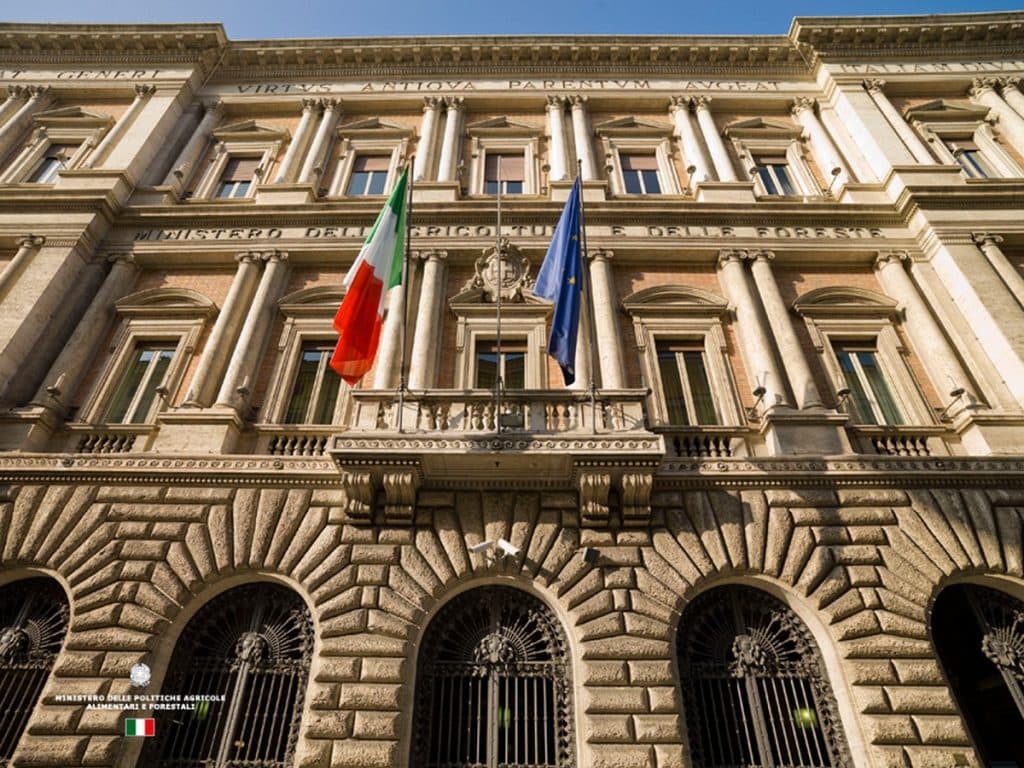
Back to your role. What are Masaf’s guidelines for this new term?
The Wine Committee’s duties aren’t limited to modifying or recognizing PDO and PGI regulations. It also provides support to the wine supply chain, as outlined by the current law.
But that’s a significant change…
Minister Lollobrigida wants to involve us in strategic work, providing general guidelines for the protection and promotion of PDOs and PGIs, in collaboration with ministerial structures and affiliated bodies.
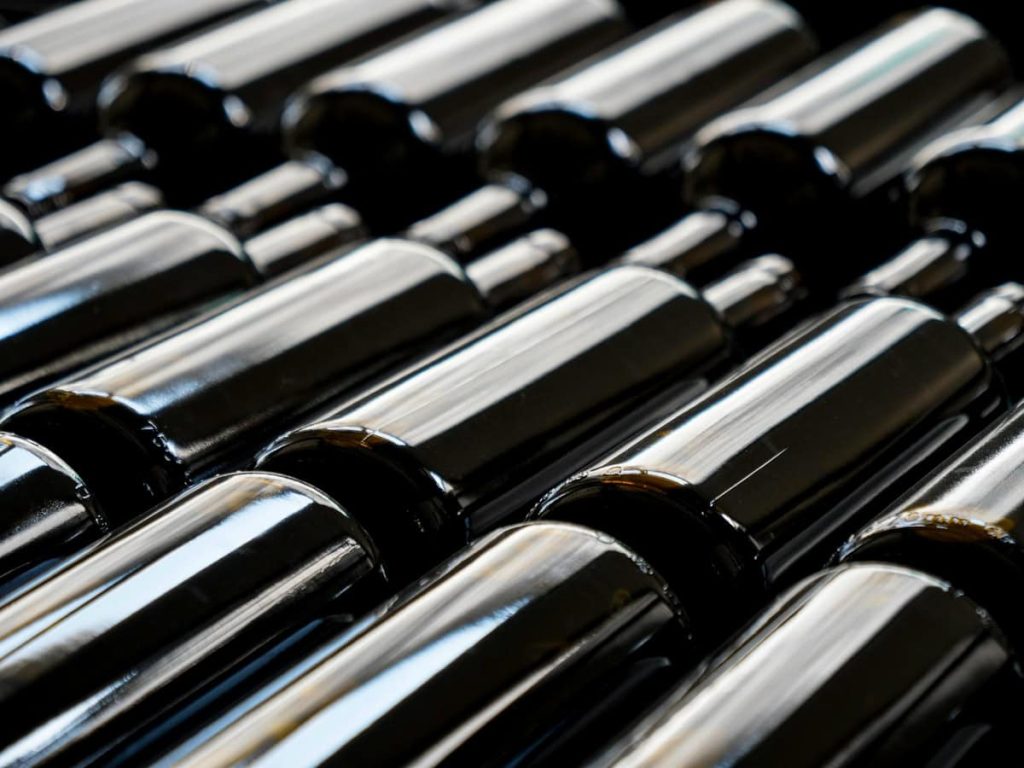
Why this expansion of responsibilities?
It’s a strategic role. The Committee includes key figures from the wine world, representing all categories and major associations. This allows us to better assess the state of the wine sector, which is currently facing unique challenges, ensuring that Italy maintains its strong market presence. This is essentially the full realization of the Committee’s responsibilities as defined by the Wine Consolidation Act.
When will you be fully operational in this strategic role?
In a few months.
Will you need to meet more frequently?
Probably, yes. We’ll try to alternate between hybrid and in-person meetings.
How will you reconcile the need to clear the backlog?
We are in constant dialogue with Masaf because we need to bridge the gap caused by the extended waiting times for disciplinary amendments. The first priority is to restore response times that meet the expectations of the wine sector. In particular, we are considering how to make the joint action of the Regions, Masaf, and the Committee more effective.
What would be the correct and ideal timeframe for amending a disciplinary regulation?
Ideally, we should reach a response time of six months for the national procedure. However, it may happen that a disciplinary review encounters deficiencies in the supporting documentation, leading to an interruption of the process. Essentially, the more precise the submission of technical documentation accompanying the request, the fewer the interruptions. Therefore, there must be collaboration among all parties involved in the review process, starting with the applicants.
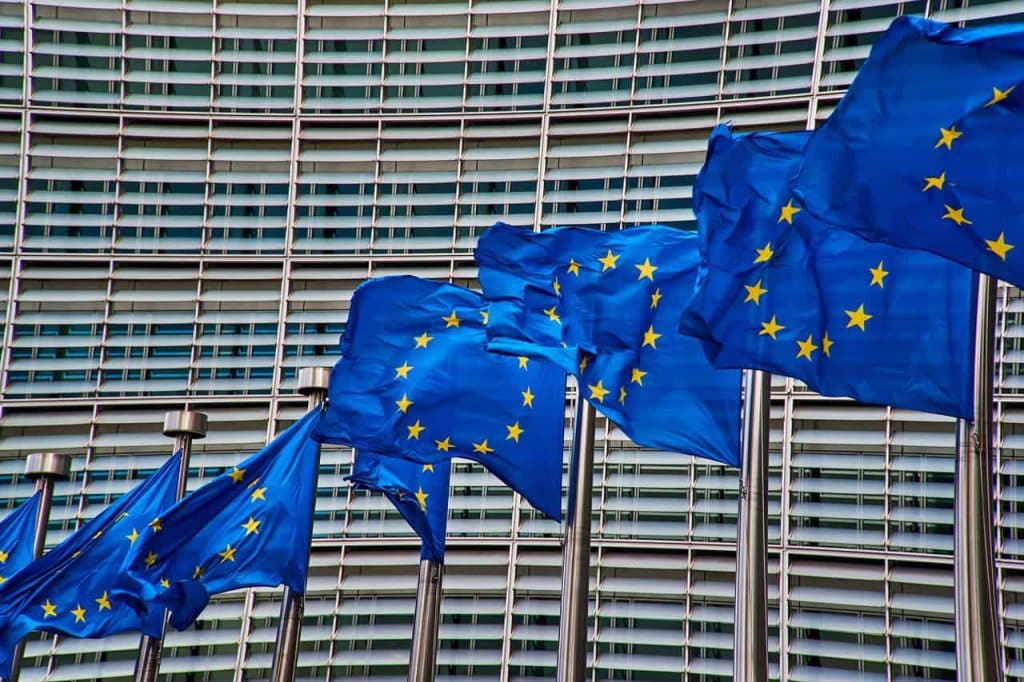
With the new European procedure in place for a few years now, has everything really become more streamlined?
Beyond the competencies of the Consortia and the weight of the national review process, I have not observed any measures that contribute to speeding up procedures. However, I hope that EU processes will adapt to the evolving needs, avoiding bottlenecks at the European level.

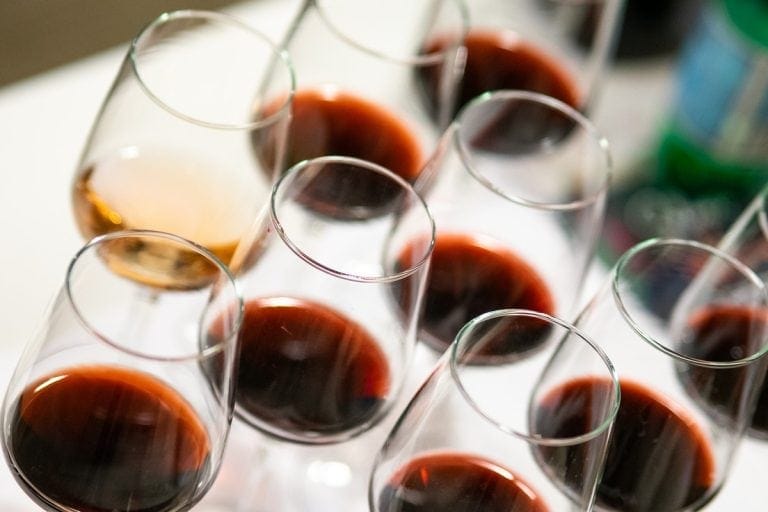
 “In Chianti, warehouses are full and prices are falling”. The economic crisis of Tuscan wine explained by Giovanni Busi
“In Chianti, warehouses are full and prices are falling”. The economic crisis of Tuscan wine explained by Giovanni Busi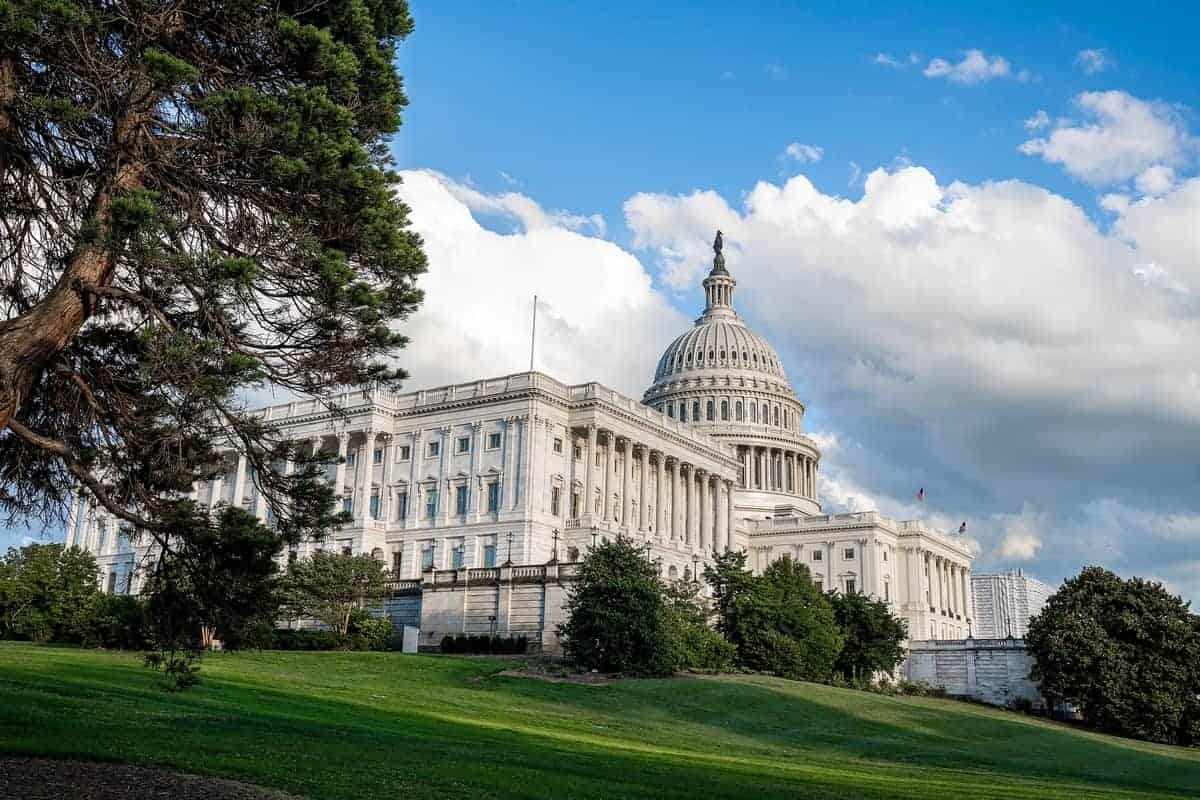 US tariffs will take effect on 1 August for everyone (including wine). Prosecco DOC: “it’s impossible to plan for the future
US tariffs will take effect on 1 August for everyone (including wine). Prosecco DOC: “it’s impossible to plan for the future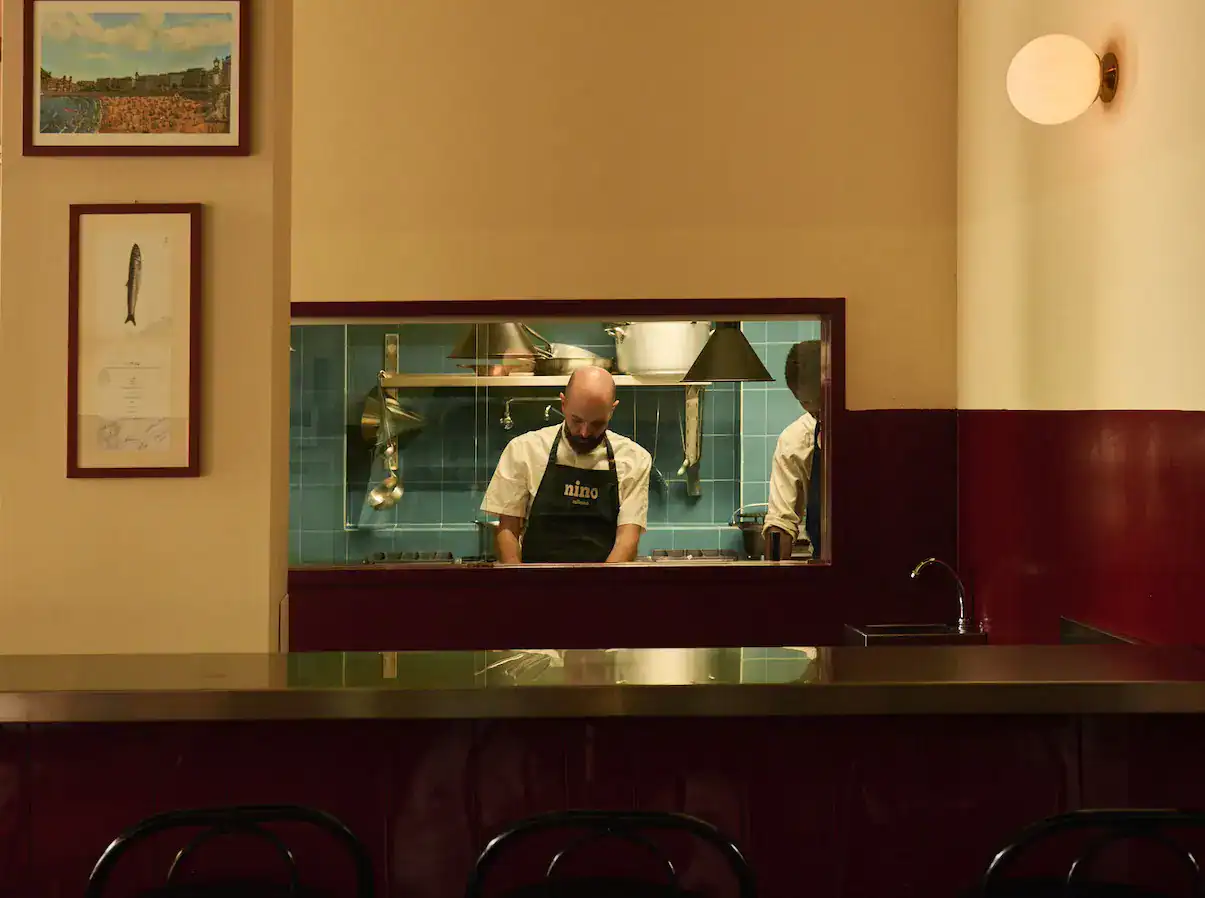 Diego Rossi of Trippa opens a new osteria: what you can eat at Nino Osteria con Cucina in Milan
Diego Rossi of Trippa opens a new osteria: what you can eat at Nino Osteria con Cucina in Milan How you eat at Sentiero, the restaurant Elba Island was missing
How you eat at Sentiero, the restaurant Elba Island was missing